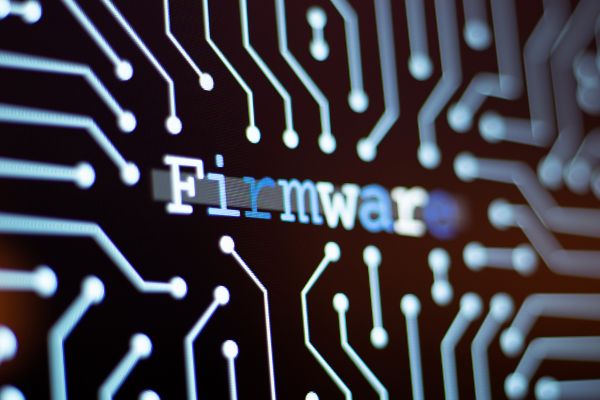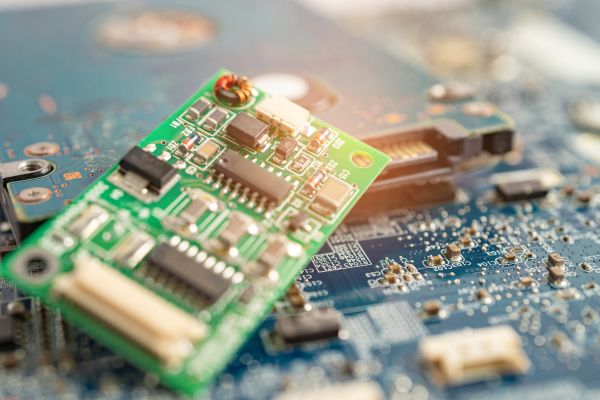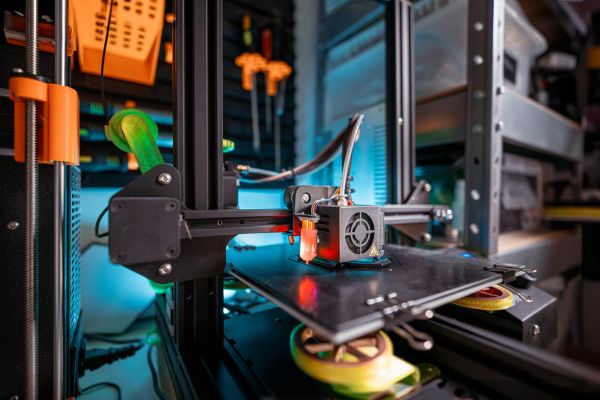What is the Difference Between RAM and SSD? Understand How Each Component Impacts Your Computer's Performance
The doubt about What is the difference between RAM and SSD? It is very common, especially among those who want to improve the performance of a computer or notebook.
Both components play essential roles in the functioning of the system, but their functions are quite distinct.
While the RAM memory is responsible for the temporary storage of data in use, the SSD (Solid State Drive) stores files permanently, replacing old hard drives (HDs).
In this article, we explain in detail the differences between RAM and SSD, how each impacts your PC's performance, and which are the best upgrades depending on your needs.
What is RAM?
THE RAM (Random Access Memory) is a type of volatile memory that temporarily stores data that is currently being processed.
Whenever you open a program, game, or browser, the necessary files are loaded into RAM so they can be accessed quickly.
Main Features of RAM Memory:
- Speed: Much faster than an SSD or HDD, as it accesses data almost instantly.
- Volatility: As soon as the computer is turned off, all information stored in RAM is lost.
- Limited Capacity: The amount of available RAM determines how many programs can run simultaneously without slowing down the system.
How Does RAM Impact Performance?
If your computer has too little RAM, it may struggle to run multiple applications at once. In extreme cases, your system may start using your SSD or HDD as “virtual memory,” which is much slower. This can result in crashes and lag.
What is an SSD?
THE SSD (Solid State Drive) is a type of permanent storage that replaces traditional hard drives. It uses flash memory to store data much faster and more efficiently than a hard drive.
Main Features of SSD:
- Permanent Storage: Unlike RAM, files written to SSD are not erased when the computer is turned off.
- Speed: An SSD is many times faster than a traditional HD, ensuring faster operating system startup and instant program opening.
- Durability: It has no moving parts, making it more resistant to impacts and vibrations.
- Lower Energy Consumption: On notebooks, this results in longer battery life.
How Does SSD Impact Performance?
Swapping one HD for one SSD significantly improves file reading and writing speed, reducing waiting time when starting the system, loading programs and even playing games.
What is the difference between RAM and SSD?
Now that we've explained what each one does, let's highlight the main differences between RAM and SSD.
| Feature | RAM Memory | SSD |
|---|---|---|
| Function | Stores data temporarily | Stores data permanently |
| Speed | Extremely fast | Very fast, but inferior to RAM |
| Data Persistence | Deleted when turning off the PC | Data is kept |
| Impact on Performance | Allows you to run multiple programs simultaneously without crashing | Reduces system and application loading time |
In short: RAM is used for short-term processing, while SSD stores long-term data.
Which is Better to Upgrade: RAM or SSD?
The answer depends on your needs. If your computer is slow but has a traditional hard drive, switching to a SSD is the first recommended upgrade. This already significantly improves the speed of the system.
However, if your PC already has an SSD, but it is slow when running multiple programs, increasing the amount of RAM may be the best solution.
Recommendations:
- If your PC takes a long time to turn on and load files: Replace the HD with an SSD.
- If your PC freezes when opening multiple applications: Increase RAM.
- If you use games or video editing: Having an SSD + at least 16GB of RAM is ideal.
To know What is the difference between RAM and SSD? is essential to understand how to improve your computer's performance. While the RAM ensures fast processing of temporary data, the SSD provides fast and durable storage for your files and operating system.
If you're looking for an upgrade, the best choice depends on your current problem: a SSD solves loading and system slowness issues, while more RAM allows you to run more applications at the same time without crashing.
Choose the best option for your needs and have a faster and more efficient computer!






